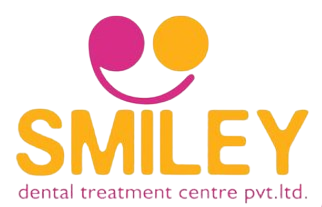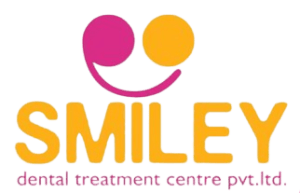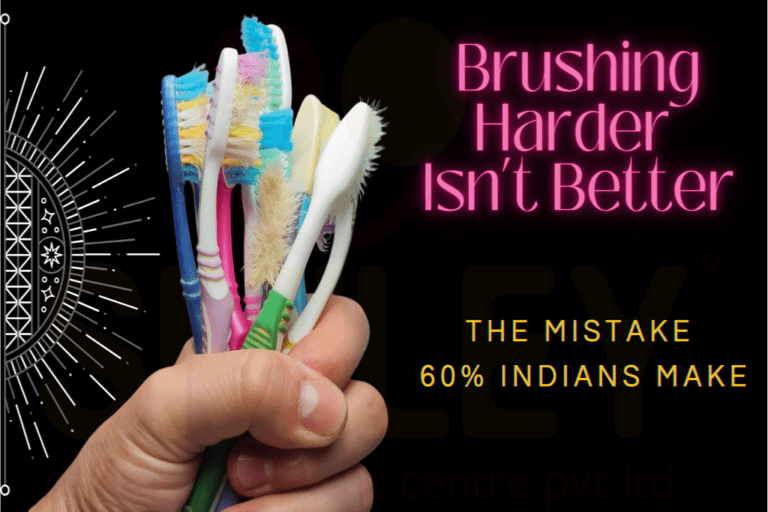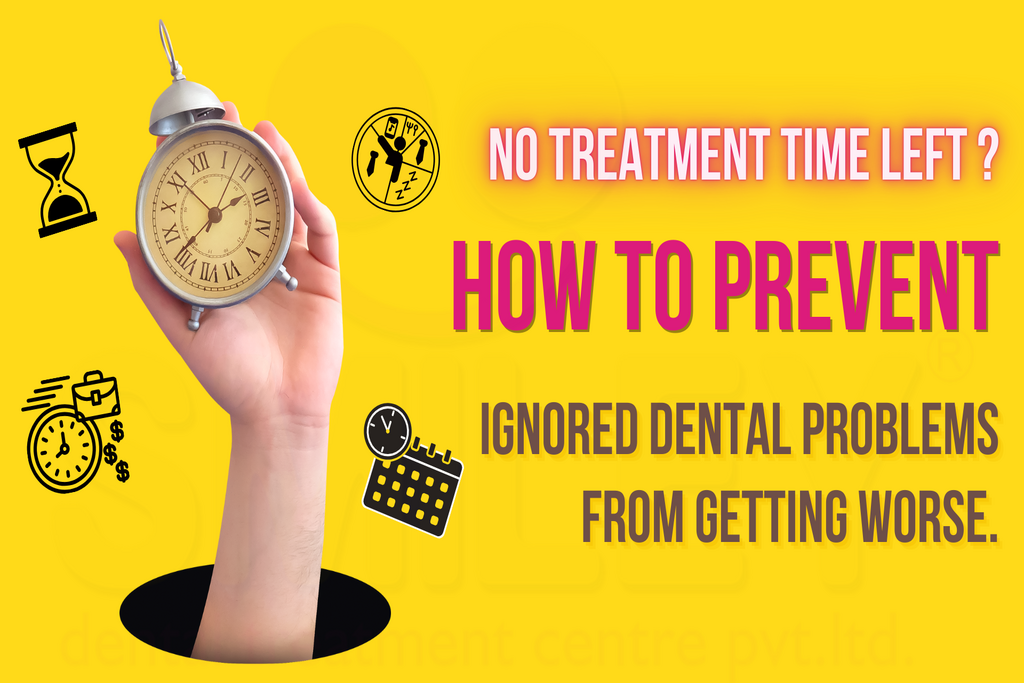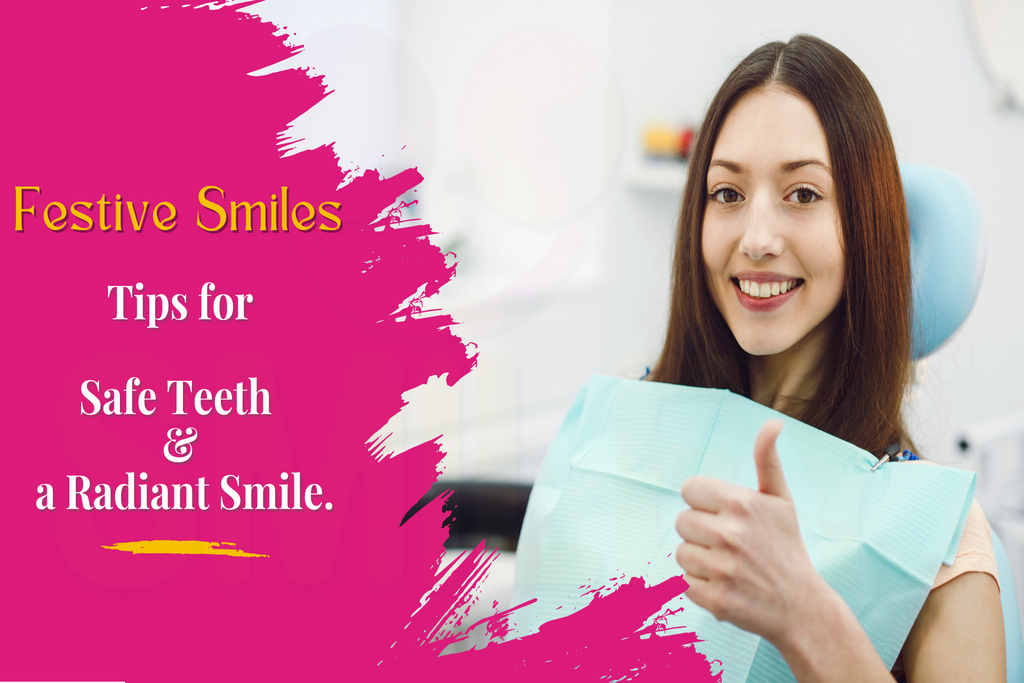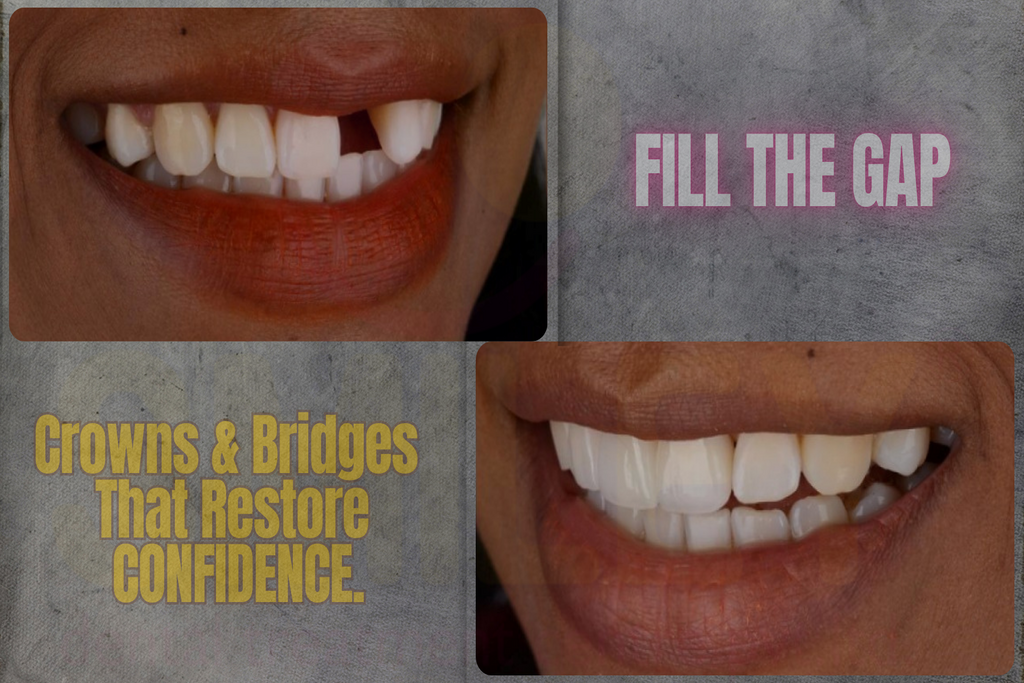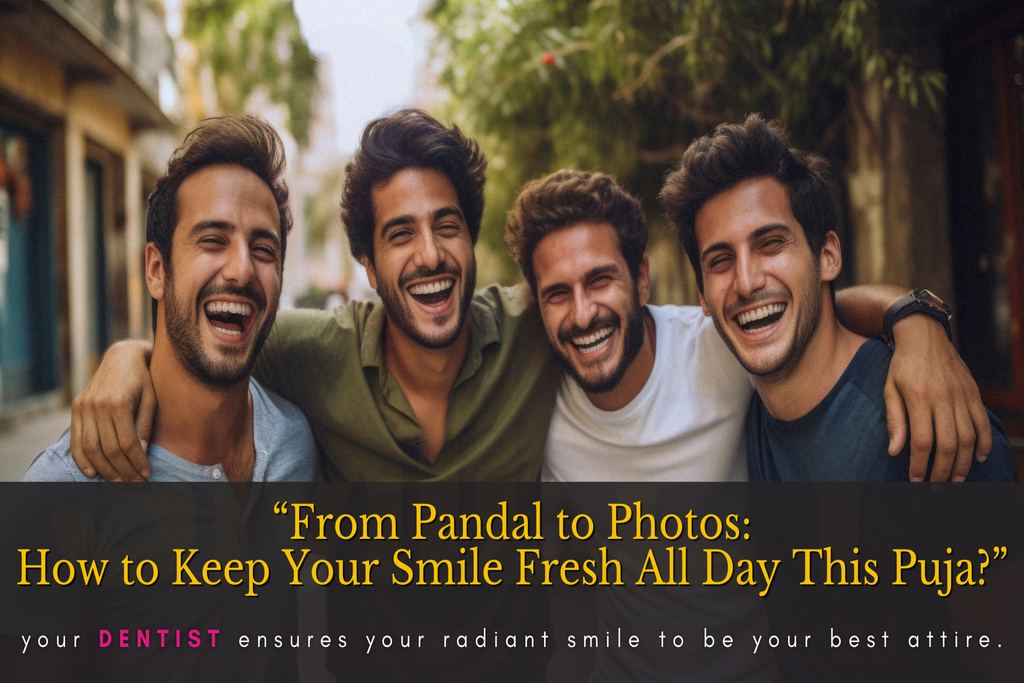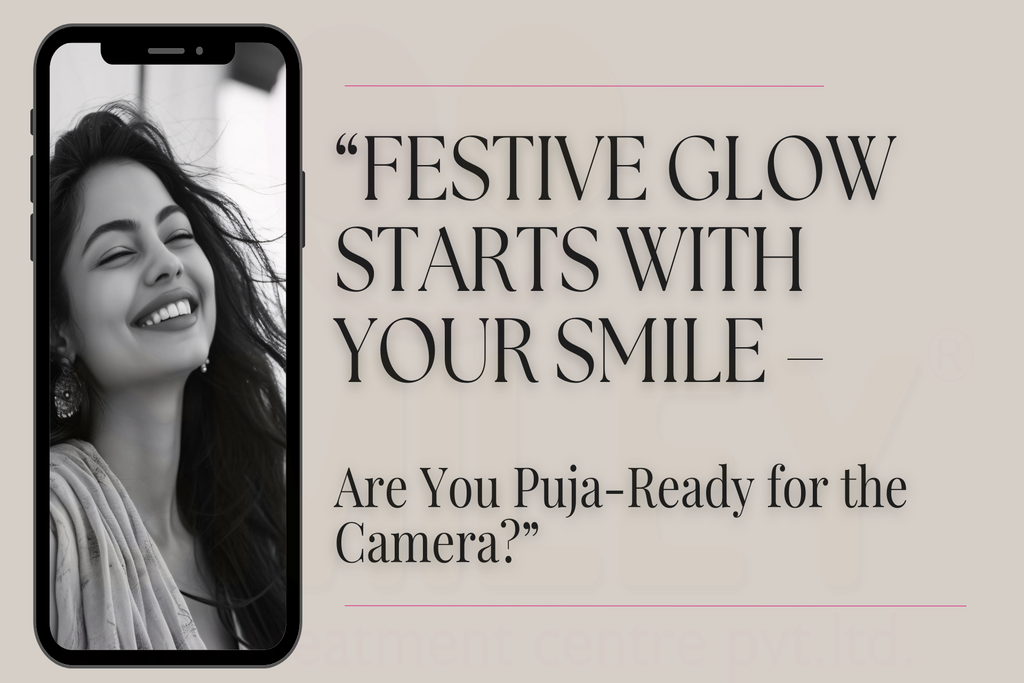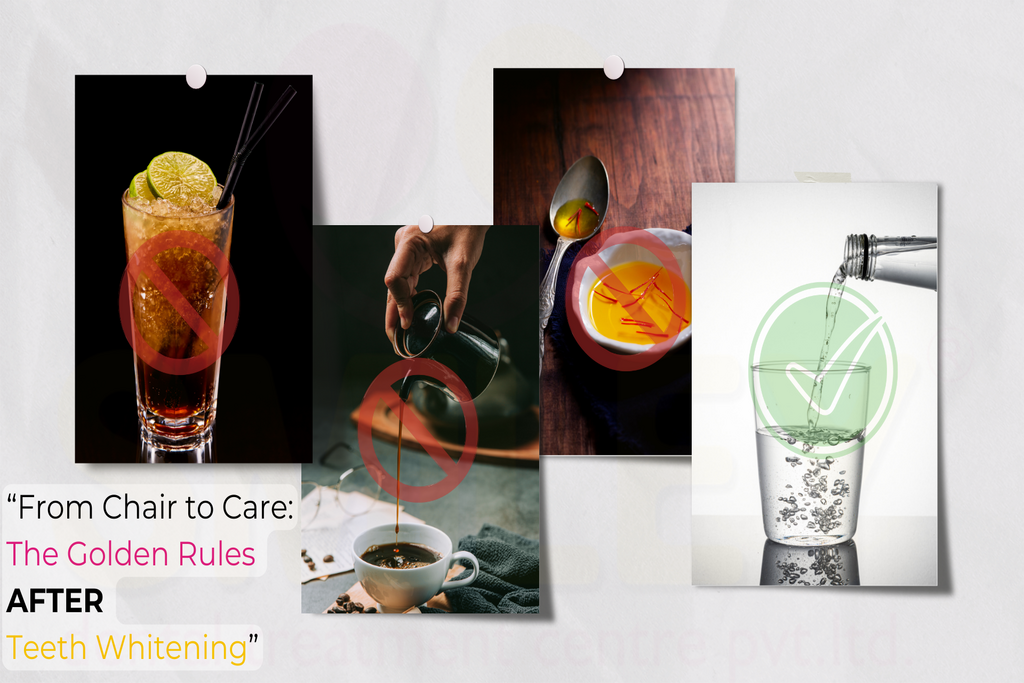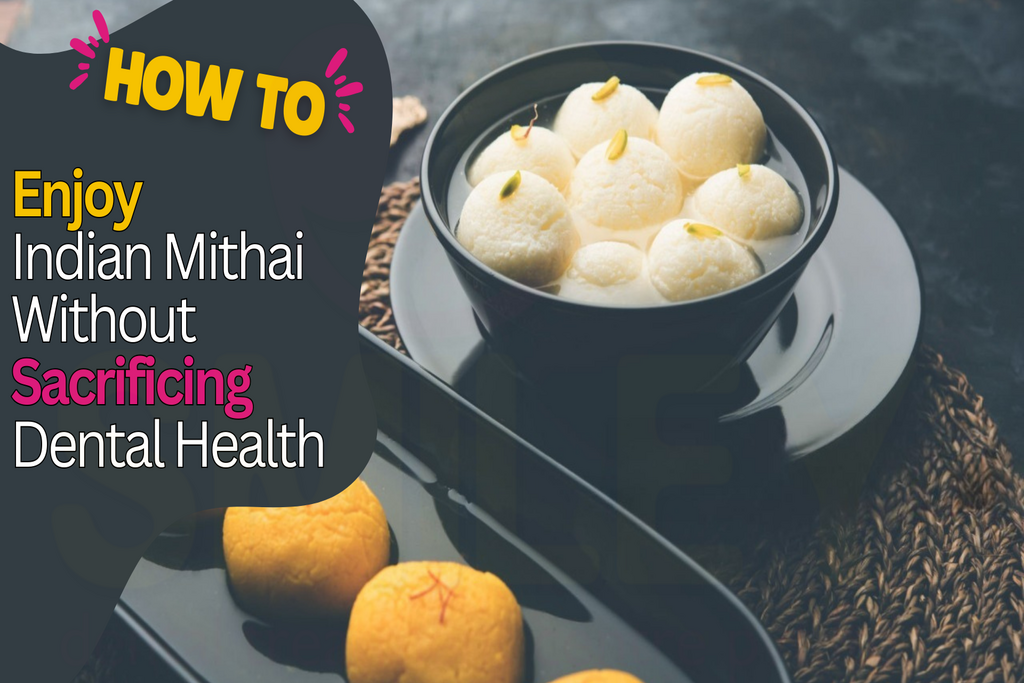Introduction: When Clean Is Too Clean
In a country where cleanliness is often equated with vigorous scrubbing—from utensils to teeth—it’s no wonder that over brushing is such a common issue. Yet, many patients who visit a dentist at our dental clinic in Kolkata are surprised to learn that their “extra clean” routine may be damaging their oral health.
Let’s bust the myth of “the harder you brush, the cleaner your teeth” with science-backed facts, cultural context, and the real consequences of over brushing.
- What Is Over brushing?
Over brushing doesn’t just mean brushing too frequently—it includes:
- Brushing too hard
- Using abrasive toothpaste (like charcoal or salt)
- Using incorrect technique
A clinical study from the British Dental Journal shows that over brushing causes cervical abrasion, enamel loss, and hypersensitivity in up to 60% of cases.
- Cultural Conditioning & Indian Habits
Indian households often promote “strong brushing” and DIY cleaning methods:
- Neem twigs
- Baking soda
- Salt scrubs
- Charcoal paste
While rooted in tradition, these methods, without moderation or medical guidance, are risky. They are also widely shared online with little scientific basis.
According to the Indian Dental Association, enamel erosion and gum recession from such habits are among the top 5 preventable dental issues in India.
- Over brushing and Your Gums: The Invisible Damage
You may not see the damage immediately, but aggressive brushing:
- Shrinks gums
- Exposes tooth roots
- Increases risk of tooth loss
Journal of Periodontology (2018) reported that patients with aggressive brushing habits were 3x more likely to experience advanced gum recession.
- Misinformation Online: The Double-Edged Sword
From Instagram reels to health influencers promoting “DIY whitening” routines, the internet is a landmine of half-truths. Worse, people often trust “likes” over licensed dentists.
Myth: More brushing = better breathe
Truth: Over brushing strips protective enamel, making teeth more prone to decay and bad breath in the long run.
- The Right Way to Brush: Less Is More
✓ Use a soft-bristled toothbrush
✓ Brush twice a day for 2 minutes
✓ Avoid horizontal scrubbing—use circular motions
✓ Never brush immediately after acidic food or drinks (wait 30 minutes)
The American Dental Association and IDA both recommend these as gold standards for brushing.
- How Your Dentist Can Help
If you’re unsure about your technique, your dentist can guide you. At Smiley Dental Treatment Centre Pvt Ltd, we regularly conduct oral hygiene counseling and demonstrations—because even the best products can fail with the wrong approach.
Conclusion: Healthy, Not Harsh
Oral hygiene doesn’t mean scrubbing your teeth into submission. It’s about balance, technique, and mindfulness. Remember: your smile is not a battlefield—it’s a masterpiece. Treat it gently, and consult your trusted dental clinic, not your favorite reel, for advice.
References:
[1] Addy M, et al. “Tooth wear and erosion from toothbrush abrasion.” British Dental Journal, 2017.
[2] Indian Dental Association. “Preventable Oral Health Issues in Indian Adults.” IDA Report, 2021.
[3] Rahman A, et al. “Aggressive brushing and periodontal damage.” Journal of Periodontology, 2018.
[4] ADA/IDA Guidelines. “Brushing Techniques and Timing.” Published 2022.
Edited by Dr Sourav Ghosh (MDS); Gold Medalist
Clinical Head at Smiley Dental Treatment Centre Pvt Ltd


